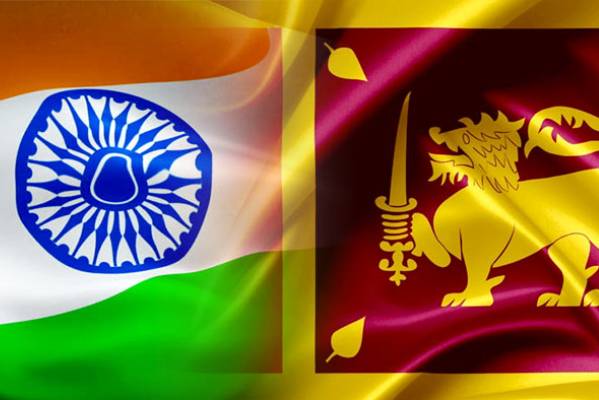Bloomberg: India is working on an economic package worth as much as $ 1.9 billion to help Sri Lanka, according to people with knowledge of the matter, as the island nation struggles to rebuild foreign reserves that are enough to cover just a month of imports.
Credit lines being considered include $ 1 billion in two equal tranches for importing essentials such as food and medicines by next month and $ 500 million for fuel purchases from India, the people said, asking not to be identified as the discussions are private.
The Reserve Bank of India is also in talks with Colombo for a $ 400 million currency swap, they said. The aid will help Sri Lanka buy more time to build its foreign exchange reserves, which fell to $ 1.59 billion as of November.
The pile is enough to barely cover a month’s import, stoking fresh concerns about the nation’s ability to honour debt maturing next year – the reason cited by Fitch Ratings for cutting the sovereign’s credit score deeper into junk territory last week.
Earlier this month, Sri Lanka Finance Minister Basil Rajapaksa met with his Indian counterpart Nirmala Sitharaman and Foreign Minister S. Jaishankar in New Delhi. The two sides agreed on short- and medium-term cooperation including an urgent food and health security package, credit to cover import of fuel from India, early modernisation of the Trincomalee tank farm and a currency swap, according to a statement from the Sri Lankan High Commission in the Indian capital.
India is negotiating development of Trincomalee oil tank farm as a part of the assistance deal, one of the people said. India’s Foreign Ministry did not immediately respond to messages and an email seeking comment, while Sri Lanka Media Minister Dullas Alahapperuma did not respond to a question on whether the tank farm was part of conditions to secure inflows from India.
Colombo, which has curbed imports to conserve foreign exchange, raised fuel prices effective yesterday to crimp demand and preserve dollars.
(FT)

